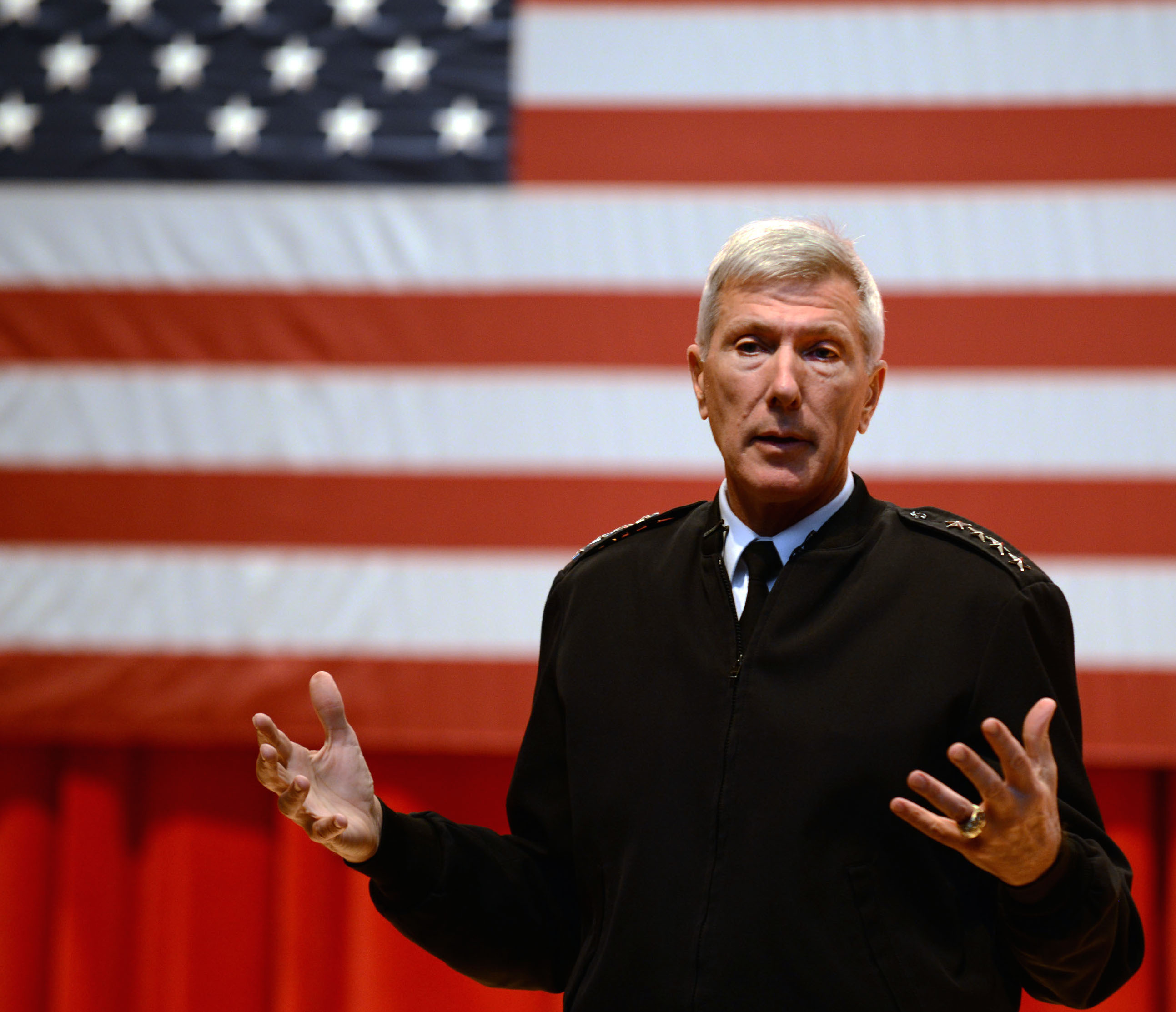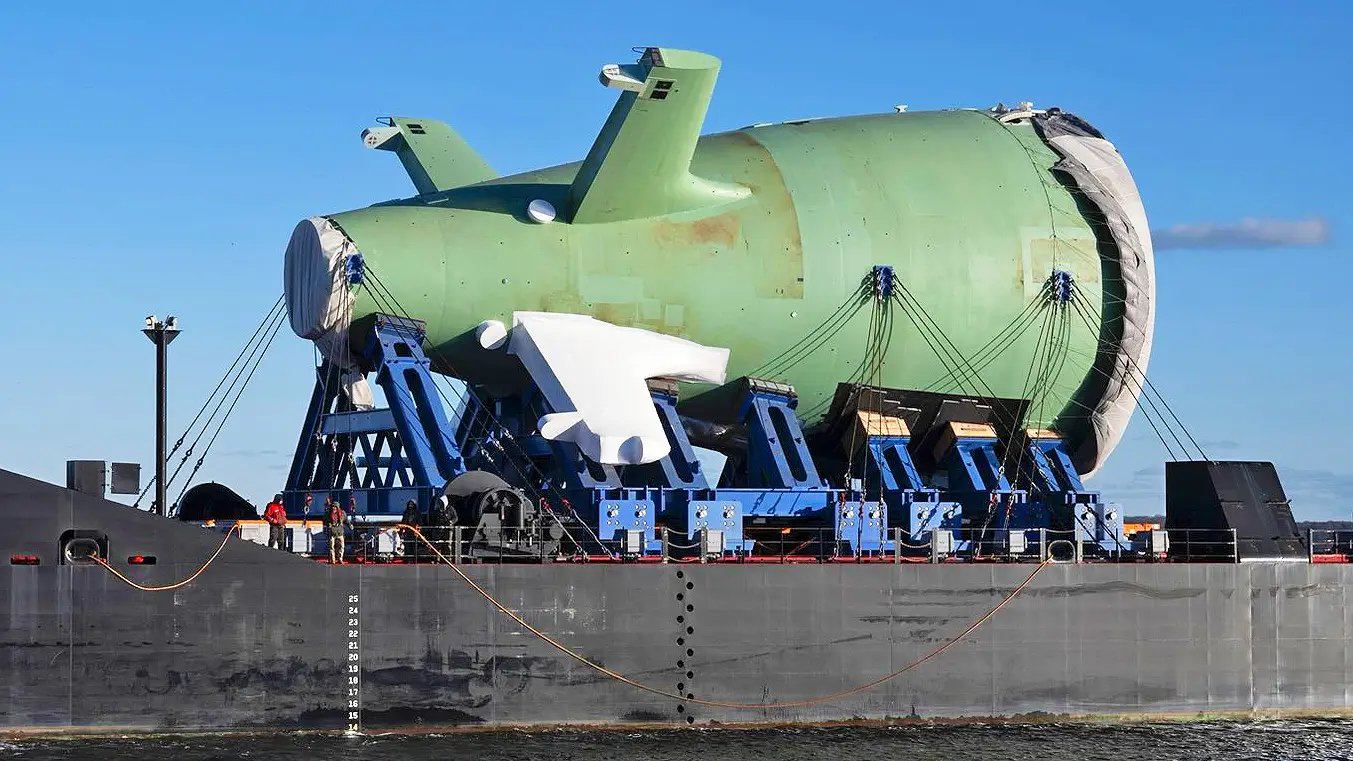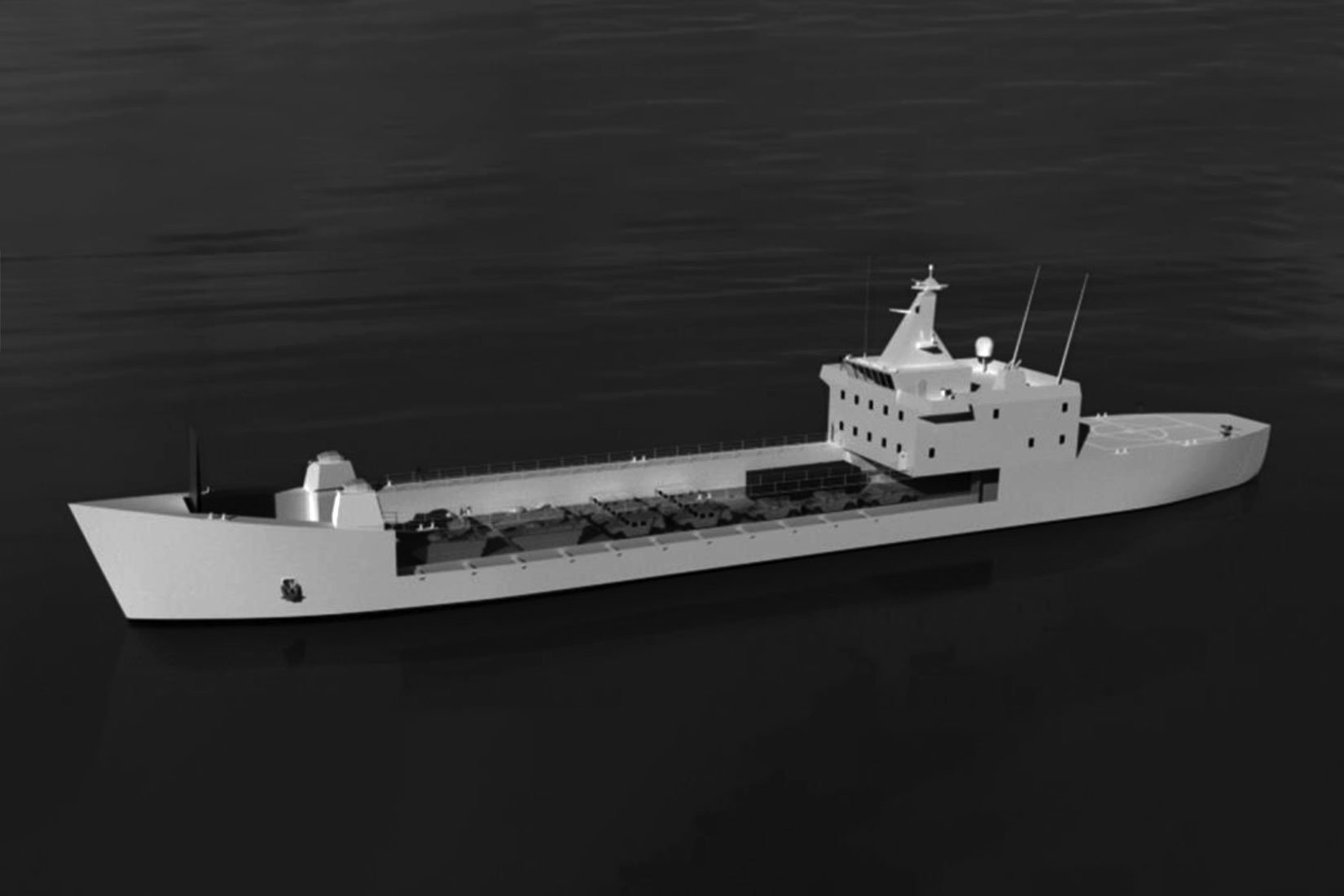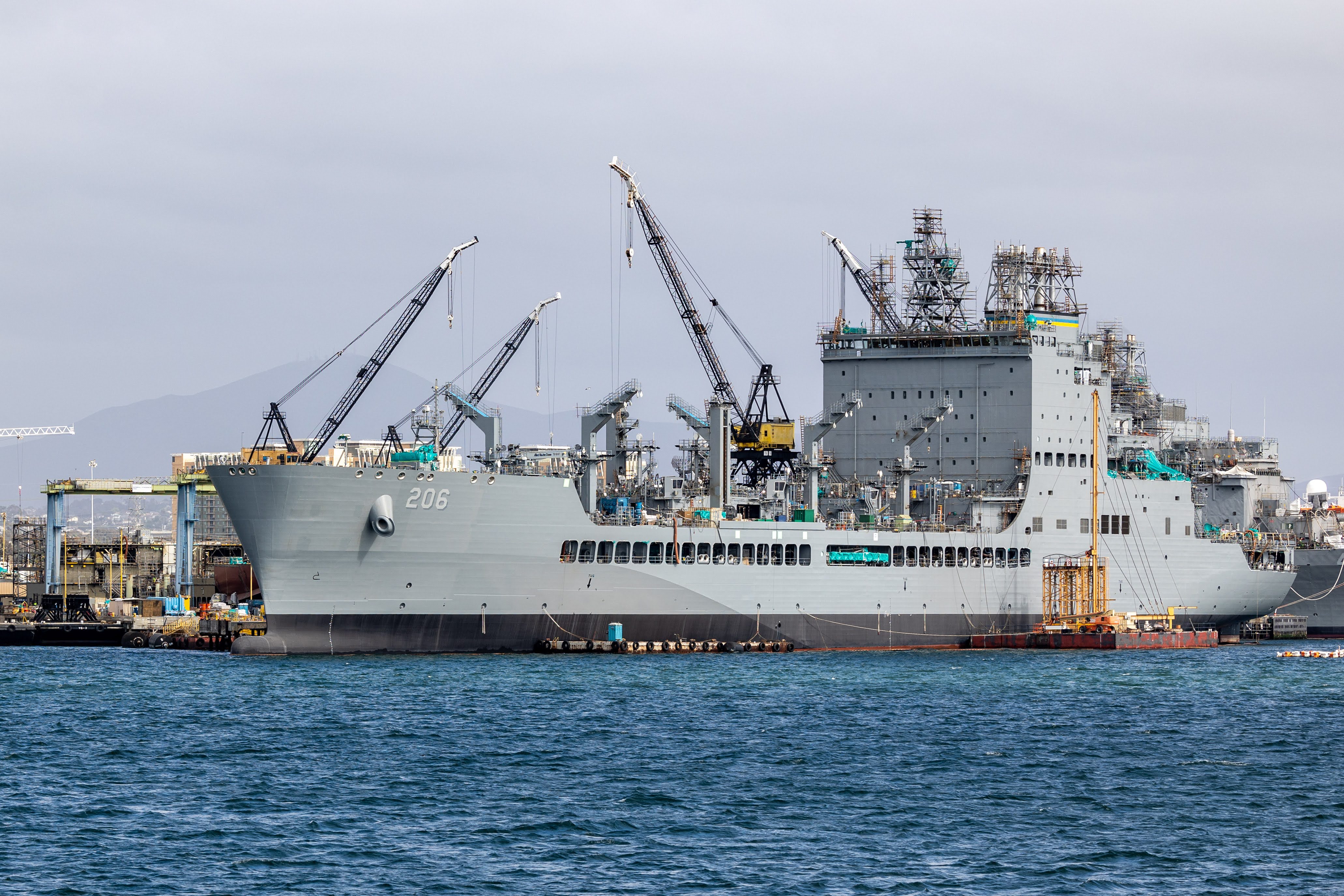
Pacific Command’s senior officer told the Senate Armed Services Committee (SASC) on Tuesday that he doesn’t think that a crisis with China is inevitable as it fields its first Jin-class ballistic missile submarine (SSBN) this year.
“We shouldn’t talk ourselves into [a conflict],” said Adm. Samuel Locklear said to the panel.
China is continuing to grow as a regional power with an increase in defense by more than 12 percent emphasizing maritime investment, cyber and anti-access/area denial (A2/AD) technologies, Locklear told the panel.
Even though there is a Chinese military build up, Locklear didn’t think an armed conflict — specifically with Japan — in the region is inevitable.
“I don’t see, in the near term, [China and Japan] heading toward [military] confrontation” over the uninhabited Senkaku Islands in the East China Sea. The dispute “is primarily a sovereignty issue” involving territorial possession and fishing rights, and “it is not something new.”
The Chinese, “have a credible submarine force and they are modernizing that force,” he said, estimating that in the future the People’s Liberation Army Navy (PLAN) could have 60 to 70 submarines in the near future.
Locklear said preserving the U.S. submarine force at current level was important for his command.
“I would be an advocate of growing it,” Locklear said.
In answer to a question from Sen. Kelly Ayotte (R – N.H.), he acknowledged his requests for more submarines for the command “are not all being met.” She said current projections would see the United States attack submarine force drop from 55 in 2013 to 42 in 2024.
“This is going to be a significant decrease,” she said.
As he testified before the House Armed Services Committee earlier this month, Locklear described the nuclear-powered aircraft carrier as being “in the forefront of military assets” available to national leaders because they are sustainable and capable of maintaining peace and responding to crises.
Locklear said even with 11 carriers in the fleet they “are just barely making it” in meeting national military strategy. He added that he has asked for more amphibious assault ships above the five assigned to the Pacific, but his request is competing with similar ones from other combatant commanders.
Pacific Command has traditionally had about 50 percent of the Navy’s fleet or about 150 ships.
Under the re-balancing of forces called for as the war in Iraq ended and wound down in Afghanistan, the number was to rise to 180. Sen. James Infofe, (R-Okla.) and ranking member of the committee, said that if the automatic cuts called for in the Budget Control Act of 2011 were again in place after 2015 the number of American ships in the Pacific would stay at 150.
Locklear said that allies such as Japan and partners such as Singapore are being “very watchful of how the [United States’] defense budget will play out in the coming years” and its impact on them and the United States presence in the region. He said budget cuts raise concerns over the United States’ “staying power.”
“In the cyber world, there are a lot of bad actors,” including China, but “I believe we have a considerable advantage” in that area. “There are still lots of cyber attacks;” and although they tapered off for a while, they are again on the rise, Locklear said.
U.S. Army Gen. Curtis Scaparrotti, commander of forces in Korea, North Korea is presenting an “ever increasing asymmetric threat” from nuclear weapons and missiles that in the future could reach the United States while “aggressively investing in cyber capabilities” that so far have been used to “disrupt services and web site capabilities” in South Korea.
Several times, he was asked who is in charge in North Korea.
“I believe Kim Jung-un is fully in charge,” Scaparrotti said, but his regime is less predictable than that of his late father as he moves to consolidate power.
Scaparrotti said U.S. forces in Korea are fully resourced and ready and he rate South Korea’s “very highly. But he was concerned about the readiness of American follow-on forces if war broke out on the peninsula.





